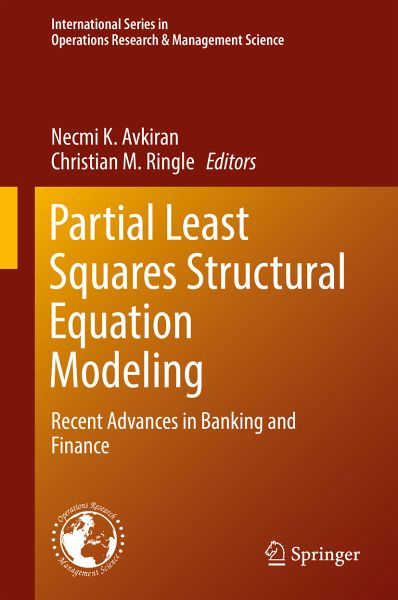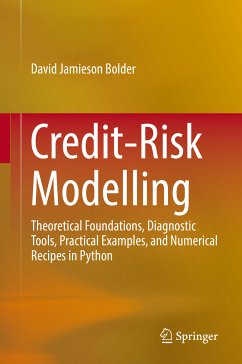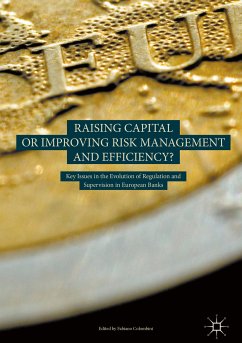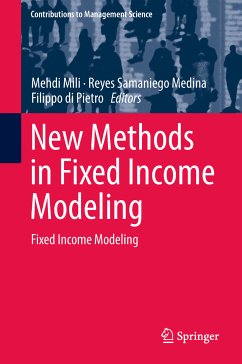
Partial Least Squares Structural Equation Modeling (eBook, PDF)
Recent Advances in Banking and Finance
Redaktion: Avkiran, Necmi K.; Ringle, Christian M.

PAYBACK Punkte
84 °P sammeln!
First book to present research on PLS-SEM in Banking and Finance Editors are prominent names in the field Assumes no strong mathematical or statistical background in the reader
Dieser Download kann aus rechtlichen Gründen nur mit Rechnungsadresse in A, B, BG, CY, CZ, D, DK, EW, E, FIN, F, GR, HR, H, IRL, I, LT, L, LR, M, NL, PL, P, R, S, SLO, SK ausgeliefert werden.












